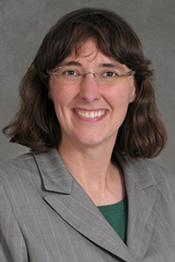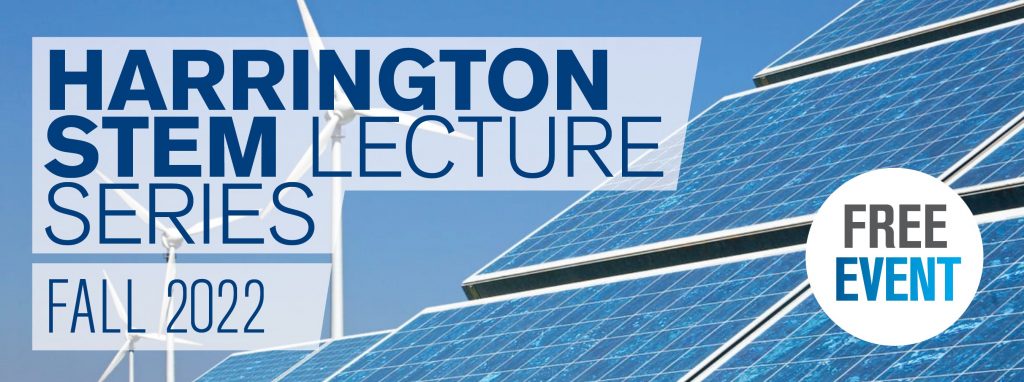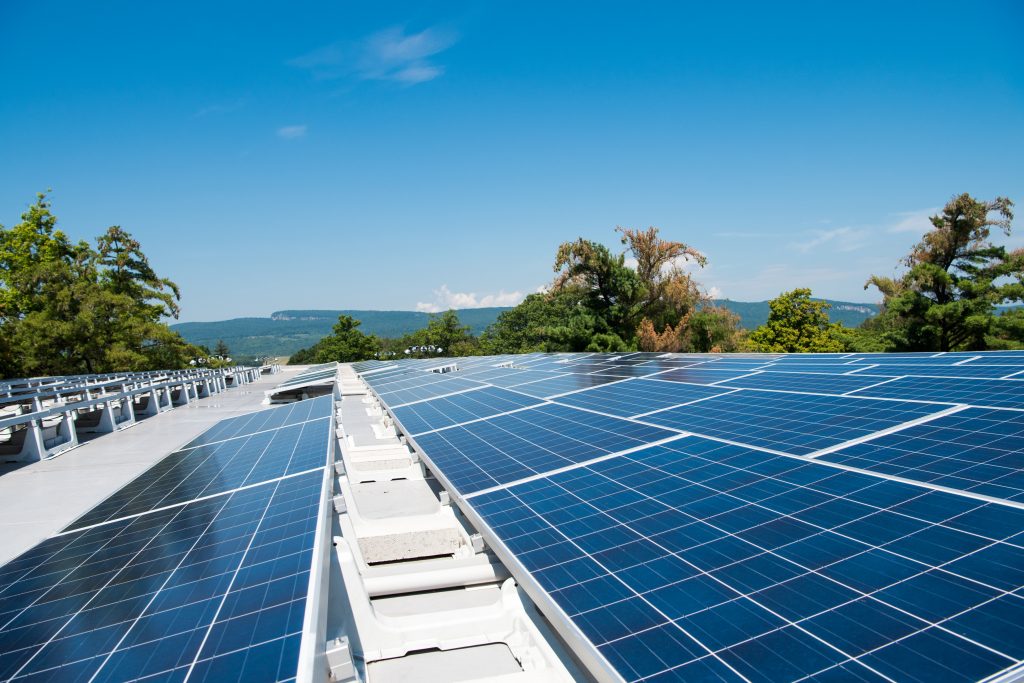Renewable energy researcher visits New Paltz for Harrington STEM Lecture
For the final fall 2022 Harrington STEM Lecture on Nov. 15, New Paltz welcomed another member of the SUNY system who is embarking on innovative research into clean and affordable energy.
SUNY Stony Brook chemistry professor Amy Marschilok, who also serves as the co-director of the campus’s Institute for Electrochemically Stored Energy and scientist and division manager for Brookhaven National Laboratory‘s interdisciplinary science department, is working with her research team to look into clean, affordable energy solutions.
“Basic science can lay the foundation for new energy technologies,” she said. “We think that broader scientific impact can be achieved with fundamental understanding and fostered innovation.”
Marschilok’s main area of research focuses on developing new materials to increase energy and density of life for batteries in electric vehicles (EVs), at a time when the electric vehicle sector is experiencing significant growth.
One type of battery used in electric vehicles is the lithium-ion battery, which is also found in consumer electronics such as cell phones and laptops. However, these batteries have a short shelf life, which is why electric car drivers may run the risk of trading in their car for a newer model every two or three years, as is typical with consumer electronics.
An alternative storage solution for lithium-ion batteries used in electric cars is silicon, which is already being considered for some electric vehicle models.
“Silicon is being considered as a next generation storage material with the opportunity to accommodate very large amounts of lithium,” said Marschilok. “This is a nice advance for a promising new battery material.”
As the United States makes the transition from nonrenewable to renewable energy sources, the question looms over how to store intermittent sources such as solar or wind energy to sustain a community’s electric grid. Marschilok offered a possible answer.
“You have to build an energy system that is sustainable whether it’s the hottest day of the summer or the coldest day of the winter,” she said.
To this end, she offered three key considerations when advancing clean and affordable energy:
- Making high-quality energy sources suitable and available for use
- Making renewable energy affordable to those at a financial disadvantage
- Making sure that the energy source does not contribute to environmental pollution
Marschilok then took time to respond to questions from those in attendance, which focused on other aspects of her research.
The professor’s talk comes at a time when renewable energy expansion is happening worldwide, nationwide, statewide and in the College to combat the climate crisis.
“Having speakers like Amy Marschilok who are on the cutting-edge of energy storage research can inform what we do operationally as a campus,” said Campus Sustainability Coordinator Lisa Mitten.
SUNY New Paltz’s installation of a state-of-the-art solar energy system on the roofs of Elting Gymnasium (pictured above) and Sojourner Truth Library serves as an example of renewable energy storage on campus. The system boasts 217 kilowatts of photovoltaic arrays and has a battery storage apparatus for high electric demand or power outages.
For more information on the College’s efforts to promote clean, affordable energy, visit the Office of Campus Sustainability website.
About the Harrington STEM Lecture Series
The School of Science & Engineering hosts Harrington Lectures on major topics of current scientific interest in Science, Technology, Engineering and Mathematics. These lectures, each designed for a general scientific audience, are given by recognized scholars from around the country. The public is cordially invited to these lectures at no charge.
John Harrington was the founding dean of the SUNY New Paltz School of Science & Engineering. This lecture series honors his years of dedication to science, education and collaboration across the STEM disciplines.



